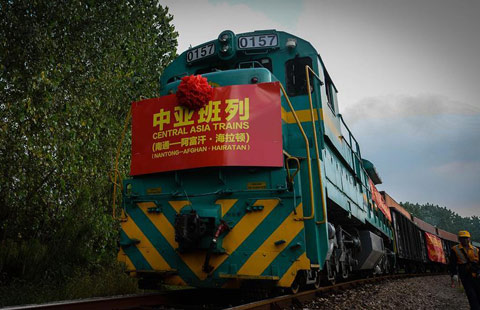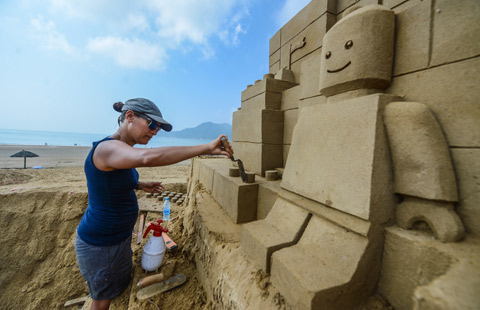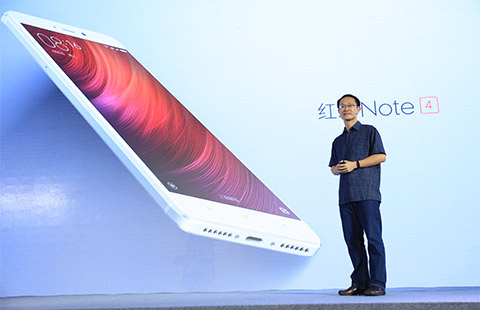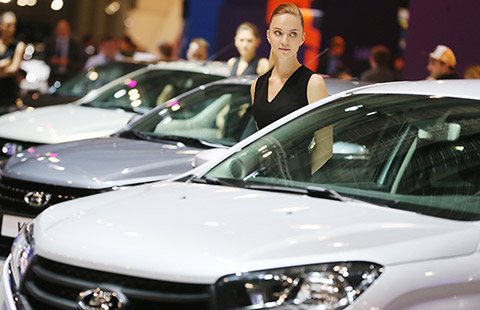Australian products selling like hotcakes on Alibaba
(Xinhua) Updated: 2016-08-26 15:40SYDNEY - A host of Australian companies are increasingly using Alibaba and reaching out to a growing, well-healed number of middle-class Chinese, who have a penchant for Aussie supplements, food and cosmetics products.
Chemist Warehouse chief operating officer Mario Tascone, which operates an online store on Alibaba's shopping site called Tmall.com, told the Australian Broadcasting Corporation on Friday that any type of product in the health and nutrition sphere is very desirable in China, especially among the nation's thriving middle class.
Chemist Warehouse sells a variety of vitamins, cosmetics and health products on Tmall, and has reached a record of AU$2 million ($1.53 million) in sales within the first 46 minutes of trade on China's singles' day on November 11.
"We don't look at promoting brands that are going to be popular in China and second guess what the Chinese market does," said Tascone.
Alibaba, which Forbes say is worth $157.7 billion, is set to open its first Australian office in Melbourne this year.
To date the conglomerate has already formed partnerships with Woolworths and in May 2015 it signed a deal with Australia Post to connect Australian consumers with Chinese manufacturers while at the same time boosting Chinese consumption of Australian products.
Demand for Australian products has also been spurred by the rise of 'daigou' or buying agents, effectively a Chinese person overseas who purchases goods for a customer back home in China.
Tascone said the company had seen a rise in tourists buying stock off shelves because of the lower price.
"The future for us is making sure we can co-exist in China and get products to that market but, all the while, making sure we don't miss our supply chain to what made us where we are today and that's the local customers," he said.
Tmall currently features 1,300 Australian brands of which 80 percent had entered China for the first time through Alibaba.
Alibaba's Australia and New Zealand managing director Maggie Zhou however cautioned that not everything from Australia sold well in China.
"You need to find the right products, and then you'll sell very well. But if the product is not right, you cannot be successful," she said.
"Price, what kind of right price is also very important. If you have several channels you need to manage the price very well, otherwise it would be a chaos."
- China's foreign service trade deficit widens
- Major steel companies see profits surge, pressure remains
- Chinese experts help Kyrgyz farmers revive dreams of 'white gold'
- Central Asia freight train service starts
- G20 to enhance China-Indonesia ties: Ambassador
- 23 out of 31 regions post faster growth than national level
- Jack up drilling platforms delivered in Dalian
- Alipay awarded payment license in HK


















